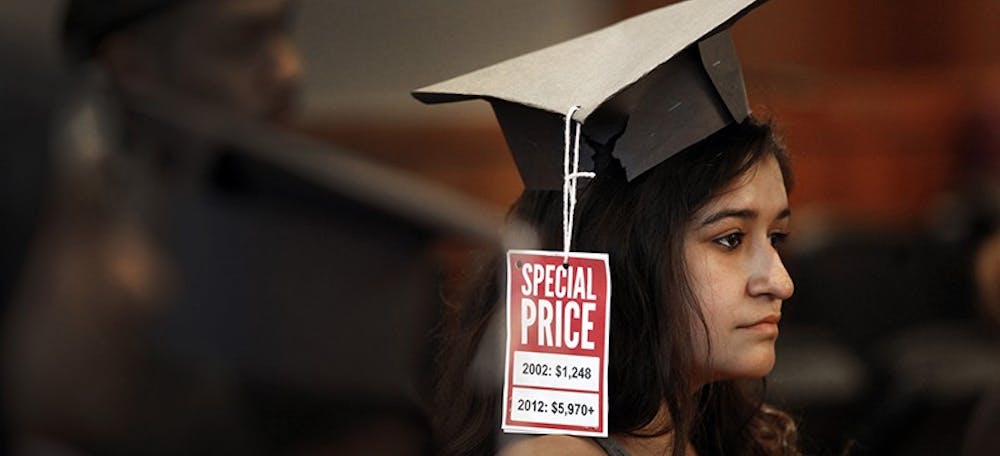On May 25, thousands of Elon University students received a diploma that represents the exchange of time and tuition for the training and guidance one needs to start a career.
But not all students are able to find real, lasting work when they leave school. Christian Binder, a broadcast and new media major who graduated in the fall, has found resumes matter less than making connections.
“I’ve applied to over 40 jobs and I’ve only spoken to a human being three times,” Binder said. “When Elon stresses networking, there’s a reason for that. I’ve discovered that my resume is more likely to be seen by a real pair of eyes if it’s given to a hiring manager by someone I know personally or a friend of a friend.”
Nationally, the unemployment rate for college graduates 25 and older is around 4 percent. But according to the National Bureau of Labor Statistics, only 72.6 percent of bachelor degree recipients in 2010 were employed by 2011. That’s an unemployment rate of 11 percent, with another 6.9 percent out of school but not looking for employment.
Elon alumnus Hunter Ertel, an English and philosophy double major, said many graduates leave school without a clear idea of what they want to do professionally.
“I knew what I was interested in and found out about a few neat internships that might put me on a career path, but I had no planned occupation,” Ertel said.
But as he scoped out the job market, taking work as a substitute teacher in the meantime, Ertel was unable to further his career path, even after a year of post-graduation life.
“I applied to a few of these internships and some entry-level positions in programs and organizations whose work I admired or found stimulating,” Ertel said. “As time passed and I didn’t get accepted into any of the internships I had applied to, my part-time work as a sub sort of became my de facto occupation as my identity shifted from student to worker.”
The trend of graduates taking their part-time work as their primary occupation extends beyond Ertel. According to the Department of Labor, 284,000 workers with a bachelor’s degree or higher were working in minimum wage jobs in 2012 — nearly double the number of college graduates working minimum wage jobs in 2007.
“It’s easy to find a job. It’s hard to find a career,” Binder said.
Binder has been doing freelance audio engineer work for C-SPAN and has found most of the jobs he’s applied to will take time to give him a chance.
“Trying to get a start in my career is proving to be difficult because most places want 2-4 years of experience,” Binder said. “It seems to be a matter of being in the right place at the right time.”
Binder found his time at Elon helped put him in better standing to find a job, but he added that the help he received came less from Elon as an institution and more from the people who make up the school.
“[Communications professor] Max Negin and [former communications career adviser] Ross Wade have been incredibly helpful in my job search,” Binder said. “Ross helped me with my application materials and Max has been so great with introducing me to people in the field. I got all three of my internships through my peers at Elon.”


